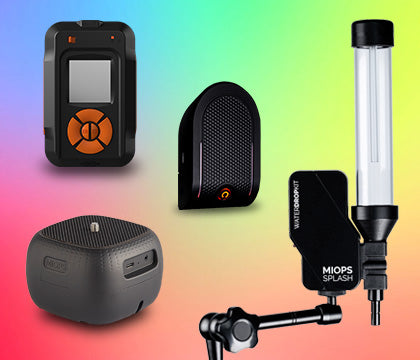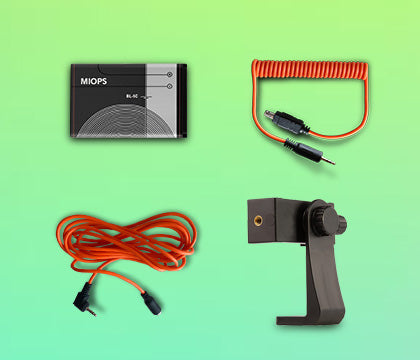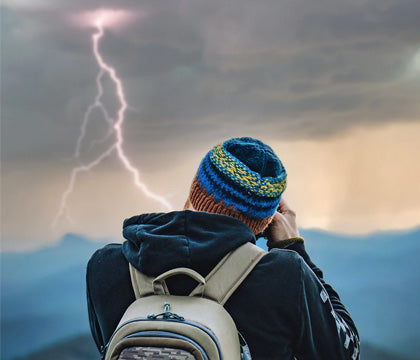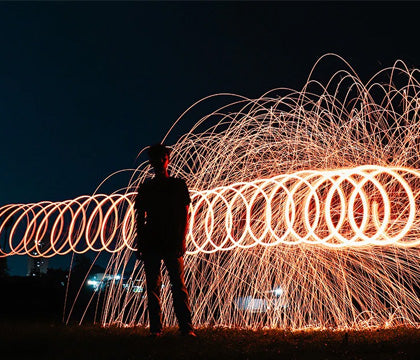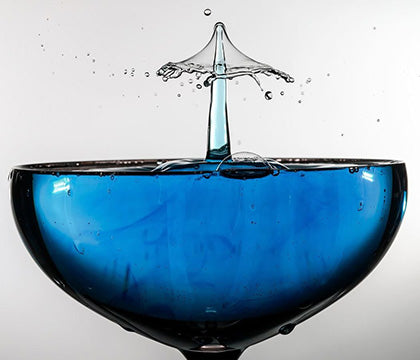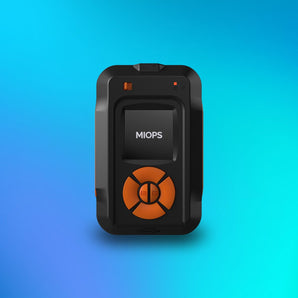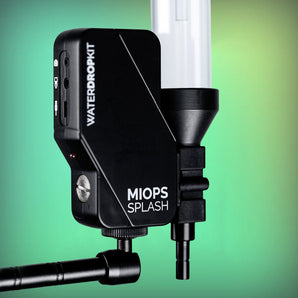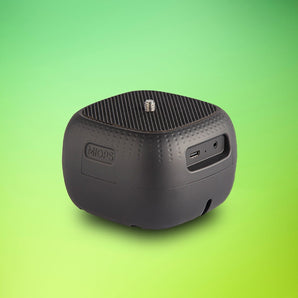
By definition, a star trail is a phenomenon in which a camera captures the movement of stars across the sky. In photography, star trails are continuous paths that are created by stars and are usually produced during long exposure photographs. In this kind of photography, the camera stays fixed as the time moves. The stars move too and this results to the surreal photos that mesmerize many. Photographing the night sky can be a fulfilling endeavor if you have patience. This article will dwell on the various ways in which you can be able to capture the amazing night phenomenon of star trails.
The Preparation
There are a few things that need to be taken care of before getting into the act of shooting the sky. These are the preparation activities, which include finding stars and a clear sky. In this, you have to make sure that you get as far as you can away from pollution. Pollution, in this case, refers to anything that may end up spoiling the whole activity of shooting the star trails. In most cases, you will find that bright colors on the sky are bad while dark colors will work to your advantage. As a result, you should try and aim at getting a dark part of the continent, preferably away from cities. The next thing would be to look out for the moon phase so as to ensure that the sky is clear. The moon phase is readily available in some websites. This outlines the pattern of the moon and it assists in ensuring that you get a night that has the least amount of light. Though this, the stars are conspicuous and appear brighter.
Cloud Trails
Still on the preparation, after you are sure of the moon phase, it is prudent to ensure that you have a cloud-free night. This is because you might end up photographing cloud trails instead of star trails which would not be our sole purpose. Luckily, there exist some online tools that take care of that. They provide clear sky charts for many locations and hence you will have credible information on when and where to find a cloud-free sky for our star trail photography.
Camera Settings
When embarking on the star trails photography, it is worth noting that you have to ensure that your gear is all set up in the right manner. By this, you should have all the necessary tools that will make the activity a success. These include:
– A charged camera: Star trails photography is a taxing activity that requires loads of patience on the side of the photographer. As a result, it would be so agonizing to have a camera whose battery breaks down in the middle of the photography. Therefore, it is always recommended to have a fully charged camera that will withstand this heat. In addition, some approaches will end up taking too much of your battery. These include the heap approach where the photographer has to take numerous shots and stack them together at a later stage. Hence, always be adequately prepared in regards to the camera.
– It would also be ideal to have a camera that allows for manual set up. This will aid you in setting your f/stop and shutter speeds to your liking. On the lens, always ensure that you have the fastest lens for your camera. By fast, we mean that you have to get the lens that has the largest aperture. This would be the one with the smallest ‘F’ number. However, it is advisable that you take a few shots and then play around with the ISO values so as to get the perfect exposure.

MIOPS SMART+
Take impossible photos by turning your camera into a high-speed capture device!
– In addition to the camera, another tool that will come in handy and will largely contribute to the success of your star trails photography is the MIOPS Smart Trigger, MIOPS Mobile Remote or MIOPS Mobile Dongle. These are specialized devices that are dedicated to helping you with any kind of photography; in this case, star trails photography. For example MIOPS Smart camera trigger has unmatched capabilities in that it has 7 modes, which include Timelapse, Lightning, HDR, Laser, Sound, Scenario mode and the DIY mode. The unique thing about this tool is supported with a smartphone app and you become fully in charge of your shutter. The smartphone app has 6 different cable release modes and with a single touch, you are able to keep the shutter open for as long as you want. You could even set a timer to release the shutter. In our photography, these tools from MIOPS will enable you to press and lock, press and hold, as well as allow you to time release which as a result makes our star trail photography a rather simple exercise. The results will unbelievably stun you.
– Invest in a good tripod since this photography involves long hours of camera exposure, it would be ideal to have a good-quality tripod stand. This will ensure that your camera is not blown over by the wind and remains fixed until you are through with the shooting.

The Shoot Methods
There are basically two methods that are popular with star photographers. These include one long exposure and the short exposure sequential method. However, you are not limited to these two and with lots of practice, you could end up coming with your own unique style of star trail photography. Let us look at these two commonly used methods.
One Long Exposure – In star trails photography using this method, you have to let as much light as possible into your lens. This comes in handy in ensuring that the stars are able to register perfectly on to the frame. This also means that you have to use a fast lens, most preferably in the f/2.8 range. Normally, in this method, you have to embark on your shoot during new moon nights. At these nights, the moon is nowhere to be seen hence the light pollution will be minimal. You should also aim to have the environment getting illuminated by the stars themselves as this adds value and beauty. Long exposures allow for the environment to be lit uniquely as in this shot below.
On the exposure calculation, it is advisable that you have a shortened test so as to ensure your settings are right. Most star photographers will jack their ISO as far as it’ll go and then they shoot wide open. Although the shots are unusable due to lots of noise and the lack of trails, they will give you an estimate of how your settings should be with a recommended ISO of 100.
Short Exposure Sequential -An alternative to the one long exposure method would be to shoot short sequential images and then stack them together in the post process. This gives you the star trails you want lined beautifully on your frame. In this method, your exposure should be long enough to register the stars as bright objects in the sky. You should then move to the next shot in that order. At the end of a few hours, you will have lots of images which will be used to create the star trails. There are post-process software products such as Imagestacker and Deepskystacker which automatically mixes your shots together and the end product is a stunning star trail. In addition, this method has another advantage as you can use your numerous shots to create a time-lapse video.
Finding the Poles
Most images shot in star trails will have circular shapes. In addition to making the star trails beautiful with the circular pattern, these shots will always depict that a central position. This is fondly referred to as the north and south poles. In order to have the circular pattern, you have to locate the poles. The next thing would be to aim your camera towards them. To shoot towards the North Pole or what is called the North Star, you have to locate the last star on the handle of the Big Dipper. The South Pole is harder to locate since there exists no prominent bright star near this pole. However, with the advancement of technology, there are sites which have specialized in letting interested parties such as photographers pinpoint the poles in an easy manner.
Conclusion
Although star trails photography has been regarded to as a hard niche, with the right tools and the passion, you can always marvel at your amazing shots. This is always satisfying and could be a full-time hobby or job especially with the emergence of top-notch tools from MIOPS which make the whole activity a lot easier.
Related Article: Long Exposure Photography: Guide and Tips You Should Know


